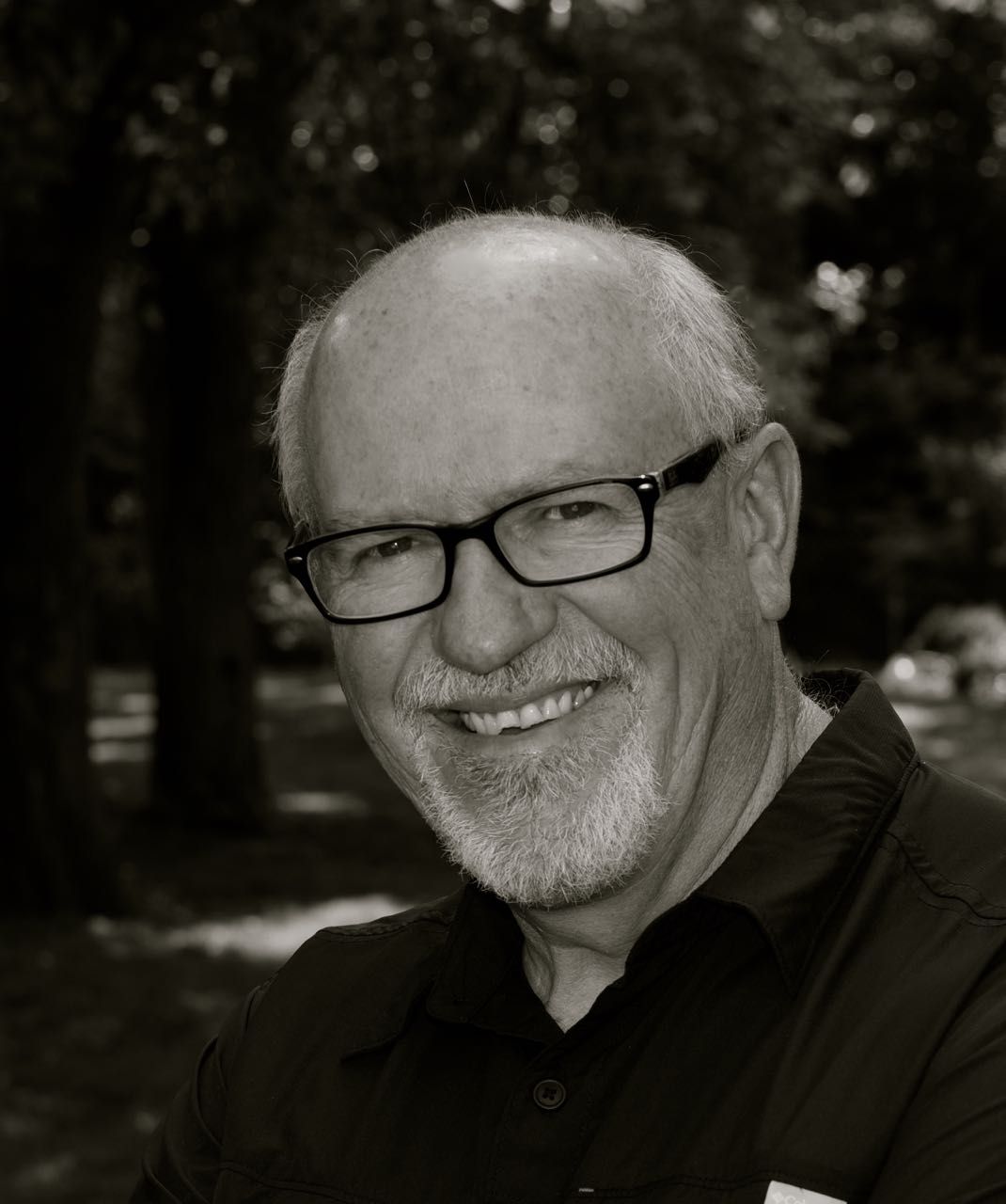As a country kid, I had an old mare horse they call a barn rat. I would saddle her up and mosey along the Kansas countryside away from home like I was riding a little old lady with a walker. Trying to get her to gallop was as difficult as getting Congress to work together. However, as soon as I turned her around and pointed towards home, she suddenly turned into a three-year-old filly racing in the Kentucky Derby. Horses like her are called barn rats.
I’m a barn rat. When I travel, I adapt to the changes in time, schedules, food choices, mosquito netting, and transportation varieties. I enjoy the journey. But when it’s time to head for the barn, I’m like my old mare.
Therefore, to make the journey enjoyable and productive, I write feverishly in a free flow manner throwing words on a page. Rather than hammer out entire sentences, I slap fragmented thoughts and single words down that reflect my impressions of each trip.
Now that I’ve been home for a couple of weeks, I revisited my meanderings to see what word or thought continually repeated itself and it was this word: globalization. The photo at the beginning of this blog was taken at the Gunda Secondary School built by Outeach in the village of Nkungi. In particular, I like the last phrase, “making the world as a village.” I cannot recall ever being taught the concept of globalization as a child.
Pulitzer Prize winning journalist, Tom Friedman, calls globalization a flat world. We call a U.S. company and someone in India picks up the phone. I send an email to my new friend in Africa, Cyril, and it will take as long to reach him as if I send one to myself.
One of the most valuable lessons I’ve ever learned in visiting developing countries is the power of community.. Here are a few things I’ve learned from them about the power of community:
- They need each other to survive – There is a Swahili phrase that says, “Today it’s me; tomorrow, it’s you.” It would be like me sharing my food with you today if you don’t have any because tomorrow I might not have any and I’ll need you to share with me. We base community on convenience; they base it on need.
- The family is the most important structure – It is a point of honor to be able to verbally recite the many branches on the family tree
- You are responsible to your family and community regardless of where you live – It is referred to as transnational nomadism, the idea that geopolitical boundaries mean nothing and that no matter where you are in the world, you have connections and responsibilities to your family. A remittance is the practice whereby a person living a U.S. city sends money back to their family in their homeland.
I stopped my neighbor recently and said, “Maanta waa aniga, berina waa adiga -Today it’s me; tomorrow it’s you.” I gave him the combination to the garage door and told him if he ever ran out of food, he was welcome to raid my fridge and freezer. I also told him I expected him to return the favor. He asked if I was on medication or needed to be!
Understanding the world is a village even changes the way I view my next door neighbor.

